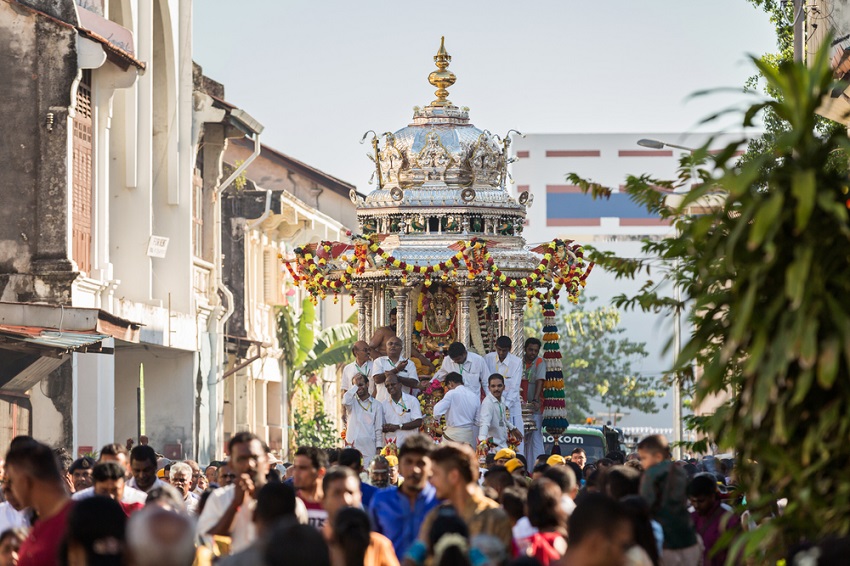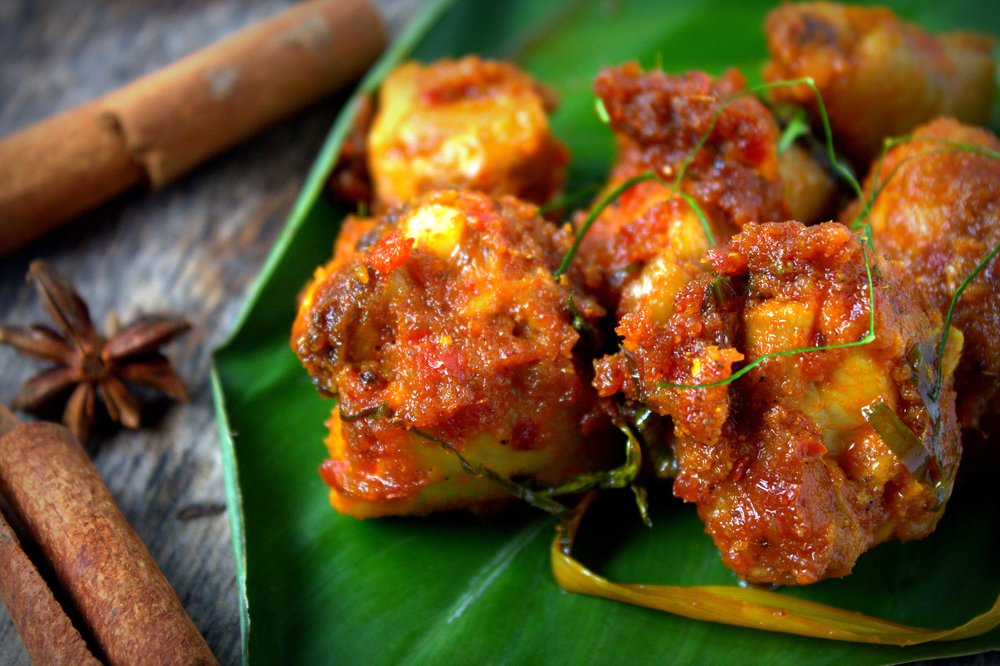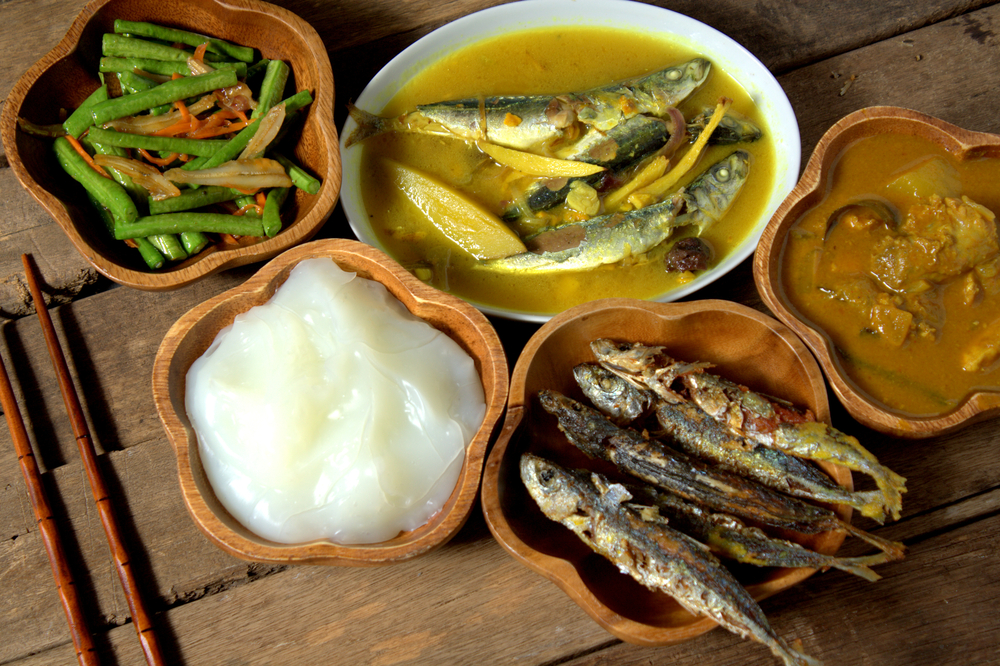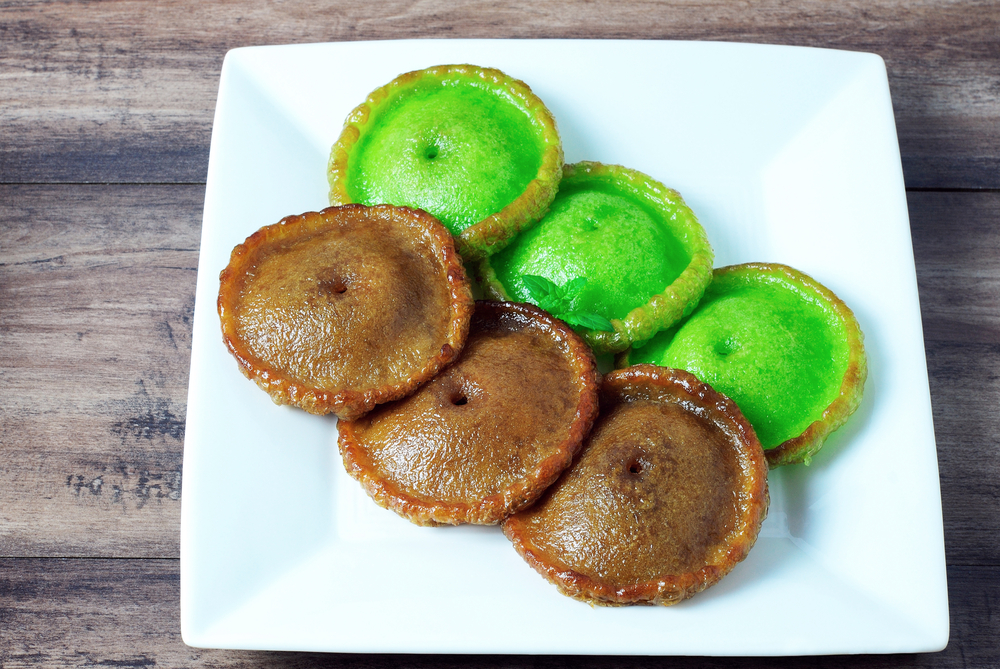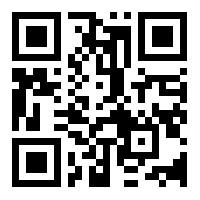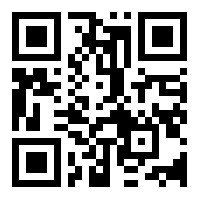Malaysia - ritual and festival
Malaysia is a multicultural society; therefore, traditions and ceremonies are varied according to existing ethnic groups and religions. The predominantly ethnic group is the Malay whose most populations are Islamic while the Chinese are Christian, Buddhist, Confucianist and Taoist. The Indians are Hindu.
It is a consensus among every group that August 31 of each year is the important day. It marks the day Malaysia achieved Independence from Britain. Joyous celebrations are joined with parades on main streets in Kuala Lumper, the capital city of Malaysia (วิทย์ บัณฑิตกุล, 2555:131).
Hari Raya Festival is crucial to all Muslims. Thefirst day begins as the moon observation on the last fasting day of Ramadan Month takes place. The government officially announces it making these days long national holidays (วิทย์ บัณฑิตกุล, 2555:134).
Chinese New Year is crucial to all Chinese in Malaysia like every Chinese around the world. They clean and decorate their houses. At Chinese joss houses, they pay a visit and wish for blessings from their gods. Lion dancing is a must, being a symbol of celebration for Chinese (วิทย์ บัณฑิตกุล, 2555:127).
Deepavali Festival is a famous tradition for all Indians as it marks Hindu New Year. People worship Lakshmi, the wife of Vishnu believing she is a god of fortune. This tradition takes place on the full moon night around mid-October. The Hindus worship the moon too since it is believed to be a symbol of Lakshmi (วิทย์ บัณฑิตกุล, 2555:133).
Apart from Malay, Chinese and Indian traditions and ceremonies, there is a Thai-Malay tradition called ‘the Tenth Lunar Month Festival’ in Tumpat, Kelantan State. Being held on the first and the 15th waning moon night in the mid-tenth month, it is a Buddhist ritual mixed with superstitious belief regarding ancestor spirits cherished as vital and age-old tradition to be taken very seriously. Local people call it ‘Ching Prate Tradition’ or ‘Ching Prate Day’. According to Buddhist belief, by nearing the end of the tenth month, ancestors who passed away and those sinful souls in hell would be temporarily released to come back on earth and meet their offspring on the first waning moon night of the tenth month called ‘Rab Prate Day’ or welcoming ancestor ghost day. These spirits are called back to hell on the 15th waning moon night of the same month called ‘Song Prate Day’ or sending ancestor ghost day. There is going to be a ceremony that involves giving food to the ghost afterwards (สุธานี เพ็ชรทอง,2547:44). However, food featured in this ceremony is not as important as deserts deemed the heart of the ceremony. The deserts are called the main dishes, Kanom La, Kanom Chau Hoo or Deesum, Kanom Pong, Kanom Bah and Kanom Kaipla or Kanom Gong(สุธานี เพ็ชรทอง,2547:64).
Islam dominates Malaysia since the predominantly ethnic group is Malay Muslim. Nonetheless, the traditions and ceremonies of other ethnic groups are still present on some occasion showing supports of being a multicultural society and accepting differences.
Bibliography
วิทย์ บัณฑิตกุล. (2555). มาเลเซีย. กรุงเทพมหานคร: บริษัททวีพริ้นท์ (1991) จำกัด.
สุธานี เพ็ชรทอง. (2547). ศึกษาประเพณีทำบุญเดือนสิบของชาวมาเลเซียเชื้อสายไทย ในอำเภอตุมปัต รัฐกลันตันประเทสมาเลเซีย. วิทยานิพนธ์ปริญญาศิลปศาสตร์มหาบัณฑิต สาขาวิชาไทยคดีศึกษา มหาวิทยาลัยทักษิณ.
